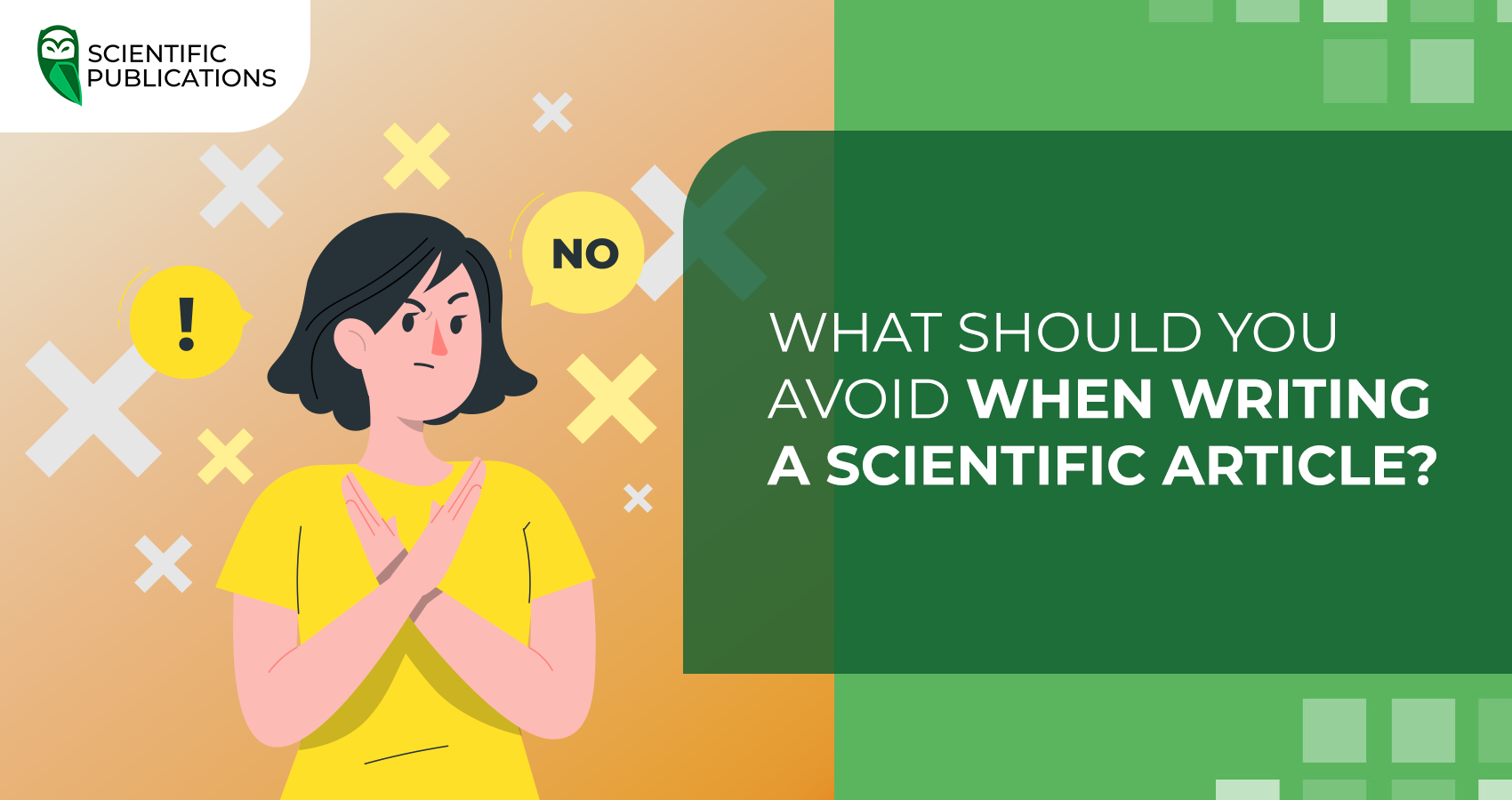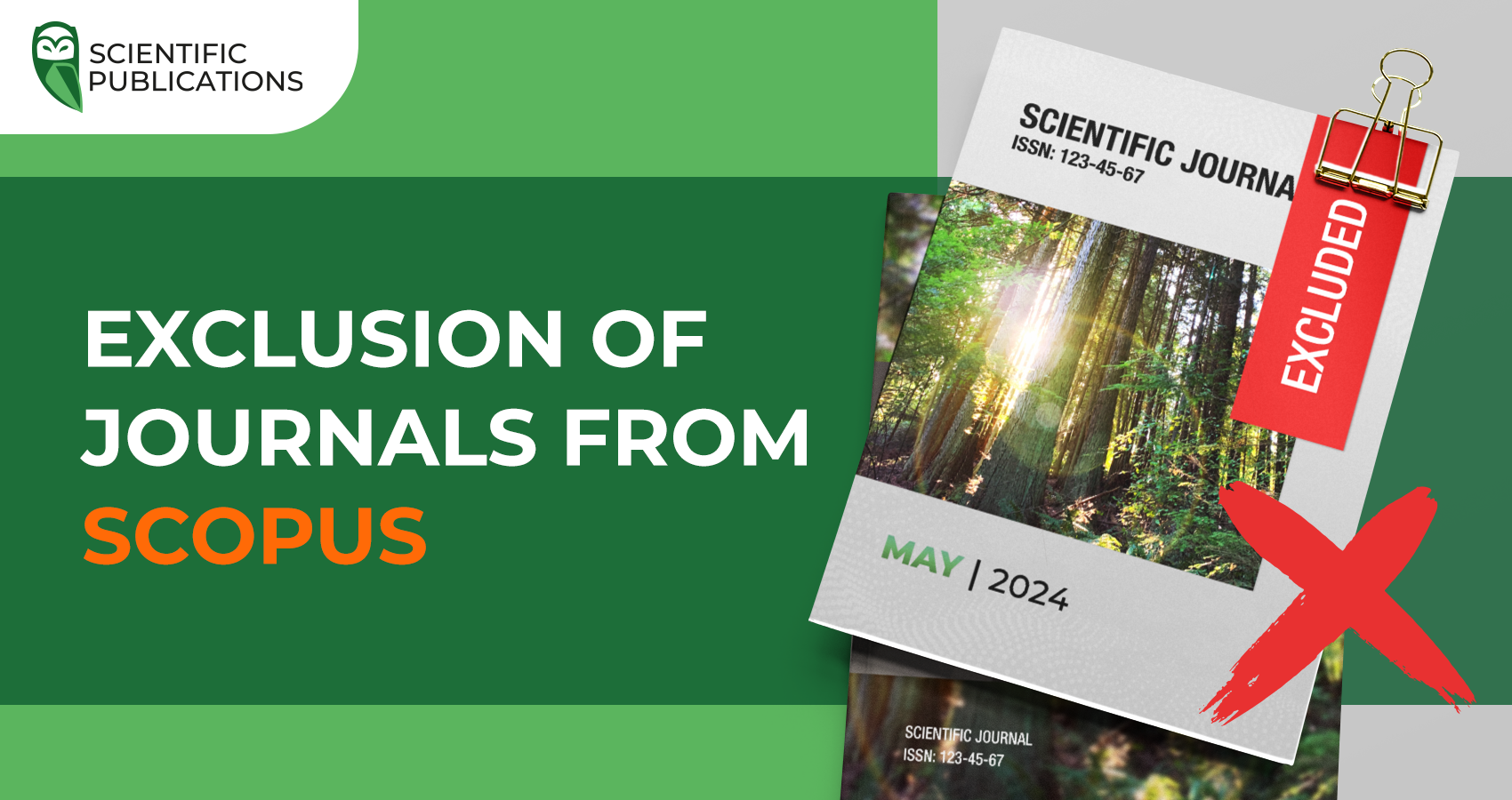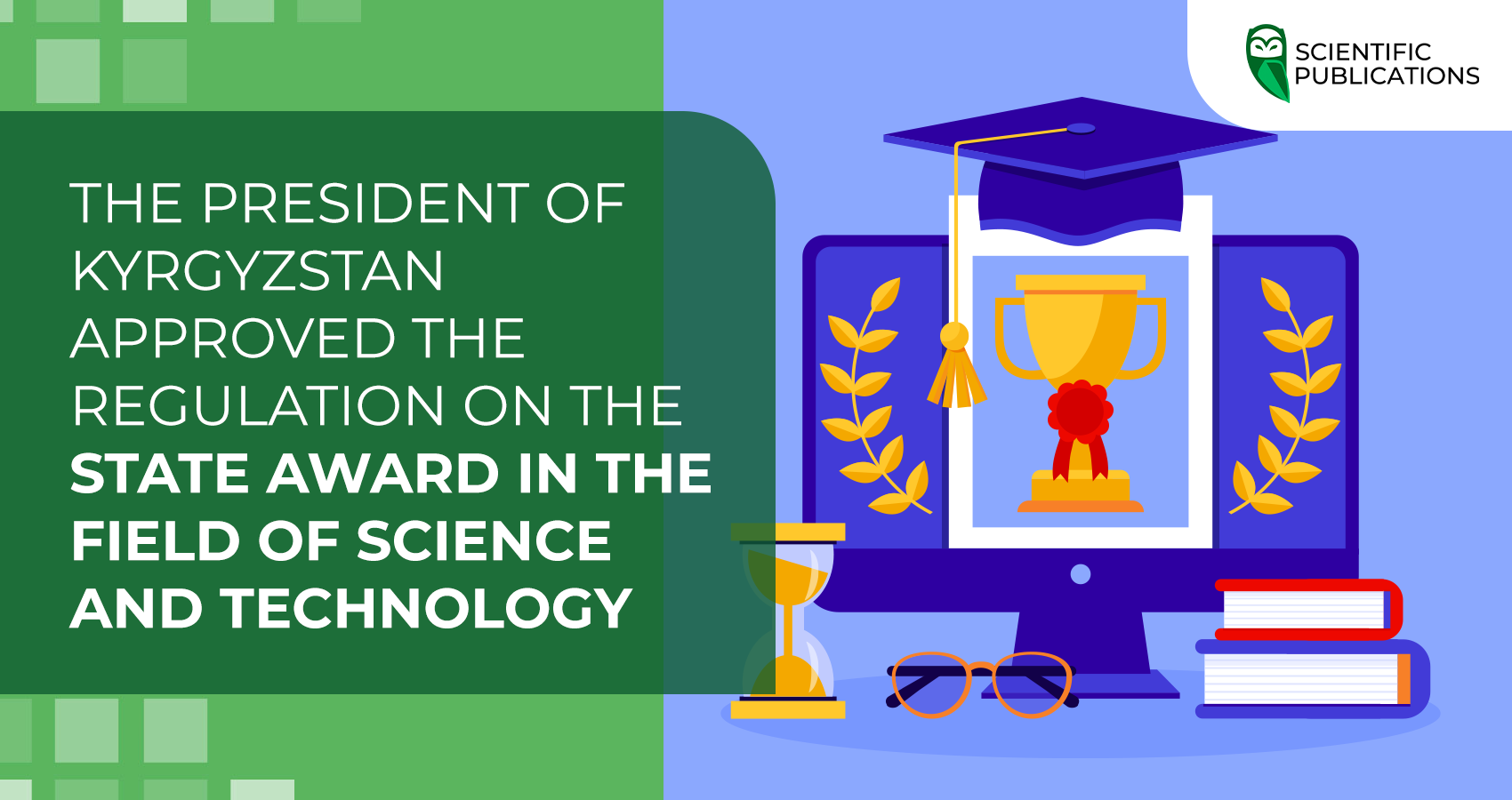When writing scientific articles, authors may make a number of mistakes that may result in the article being rejected for review and further publication. What are these mistakes?

Regardless of the category of the journal and the database in which it is indexed, all articles must meet certain standards. All articles must be free from certain types of errors, as their presence will lead to a negative result for the author in the form of refusal to review and further publication.
Types of errors in scientific articles
Among the mistakes that occur in scientific articles are the following:
- lack of structure;
- plagiarism;
- incorrect formatting of the work;
- errors in the text;
- incorrect references and citations;
- tone of writing and use of slang;
- formatting of the list of references;
- Inconsistency of title and content.
Of course, all of these mistakes are not an exhaustive list, but they are the most common and basic ones.
How to avoid mistakes in scientific articles?
1. Lack of structure.
Each paper submitted to the journal's editorial board for further publication should be clearly structured. Usually, scientific articles are prepared according to the IMRAD structure:
- I – introduction;
- M – methods;
- R – results;
- and D – discussion.
Adherence to this structure and the presence of all elements is mandatory for publication in international journals and indexing in authoritative databases.
2. Plagiarism.
One of the principles of scientific ethics is the originality of research. Violation of this principle can lead to refusal to publish, and some journals may refuse to cooperate with the author forever.
3. Article formatting.
Before submitting an article to the editorial board of a journal, it is imperative that you familiarise yourself with the requirements of the publication. Despite the fact that there are general requirements for the formatting of papers, each journal may have its own, different selection criteria and requirements.
4. Mistakes.
When writing a scientific article or any other type of scientific work, you should avoid grammatical, punctuation, stylistic mistakes, etc. It is recommended to check the manuscript more than once by proofreading, using various services and programs, or to seek help from specialists.
5. References and citations.
It is important to follow the recommendations and standards for referencing and citation to avoid mistakes and ensure compliance with the requirements of the journal or publication where you plan to publish your article. This also contributes to a professional and correct presentation of your work to the editors.
6. Tone of writing and use of slang.
In a scientific context, it is important to use a formal tone of voice for several reasons. Firstly, it is more polite and respectful than slang expressions, which increases the professionalism and comprehensibility of the text for a wide audience. Secondly, when translating an article, official English is internationally recognised and has no local restrictions, which contributes to universality and accessibility for international readers. Finally, the formal tone promotes clarity and concentration in the expression of thoughts, helping to avoid unnecessary misunderstandings or loss of significance of the study. The use of standard terminology promotes clear understanding between researchers. The use of slang or informal language in research and articles will reduce the professionalism of the text, its scientific validity, and the perception of the author as a whole.
7. Formatting the list of references.
The bibliographic list is as important an aspect of a research paper as the correct formatting of references and citations in the text of the article. It is important to comply with the requirements and standards set out in the instructions or recommendations of a particular scientific journal or publication to which you plan to submit material for publication.
8. Relevance of information.
The accuracy and relevance of the information presented in the article to the topic of the work are important aspects. The main text should clearly reflect the main topic of your research. Avoid unnecessary or unrelated deviations. This will ensure the clarity and precision of your research.
Avoiding mistakes is an extremely important task for the author when writing a scientific article. This determines the decision to accept the material for review by the editorial board, the speed of the review and revision stage, and, accordingly, the publication of the article in the journal.
If you need help with publishing, please contact Scientific Publications. Our qualified specialists guarantee quality services. Together to new scientific achievements!





